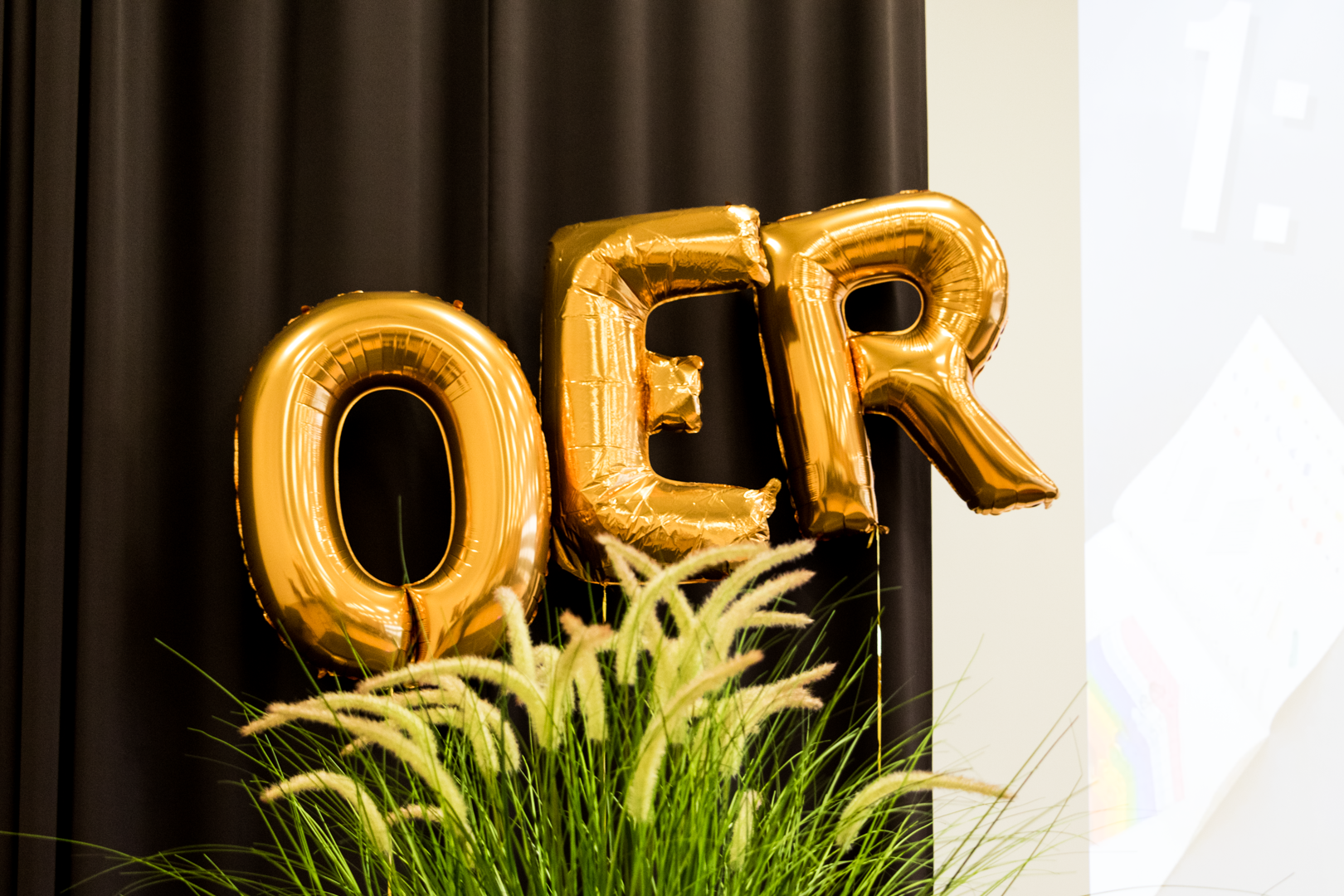We encourage participants to hang their posters in E-242 prior to the start of the symposium. The poster session will start after the break-out sessions end at 11:30 am. For complete schedule information for the symposium, click here.
Emma Handte (LaGuardia Community College) LaGCC First Year Seminar Textbook
Rochelle Spencer (LaGuardia Community College) Using OER in the First-Year Classroom
Last semester, Drs. Bijoreta Das and Paul Fess created a system to make the first-year seminar, “a zero textbook cost, accessible course.” This poster draws on their work and describes how a first-year writing course can emphasize critical skills–research methodology and thesis development–through online books, archives, and scholarly journal articles.
Lucie Mingla (LaGuardia Community College) Precalculus: Visualizing transformations of functions and graphs using digital tools
Digital platforms such as Desmos are very helpful for visualizing graph behavior and transformations across all function types. While teaching students to graph manually is crucial, using tools like Desmos to visualize graphing and apply transformations step by step is equally important. By manipulating constants and observing how each transformation affects the graph using this tool, students can develop a deep understanding of transformations without getting lost in calculations and plotting points. To help this understanding, I’ve created a document that defines transformations and provides visualizations of these concepts. In this poster presentation I will discuss how I used Desmos as a tool in creating this resource and how it can be used live in the classroom to illustrate transformations. This digital tool is beneficial for courses such as College Algebra & Trigonometry, Precalculus, and Calculus 1, allowing students to explore transformations interactively and deepen their comprehension of function behavior.
Kevin Mark and Marta Kowalczyk (LaGuardia Community College) MyOpenMath Online Assignments in Natural Sciences Classes MyOpenMath is a free online course management system. This open source is primarily used in quantitative math, physics, and astronomy classes. Our general chemistry classes use MyOpenMath to facilitate and implement online homework assignments instead of commercial homework chemistry platforms. Instructors who want to implement this platform in their classes may face a steep learning curve, as questions are written in HTML code. The poster will outline the support groups for faculty and the challenges and successes of implementation in chemistry classes.
Bukurie Gjoci (LaGuardia Community College) Thinking about Calculus while grocery shopping! Are the Cans in the store Volume Optimized?
The project offers students meaningful opportunities to analyze and explore complex global challenges, communicate respectfully in diverse environments, and apply learning to take responsible, ethical action in contemporary global contexts. It raises awareness about the issue of climate change. It helps with understanding of the interrelationships among the self, local and global communities, promotes the recognition of responsibilities at the local level and the perspectives on ethics and power locally and globally. Exploring the efficiency of can production and their use will make students self-aware of how theirs and the greater community actions affect climate change.
Sandra Sze and Alioune Khoule (LaGuardia Community College) MEC OER for MAT120
The poster will outline the timeline and summarize the outcomes of MEC OER implementation for the MAT120 course from 2017 onwards.
Joshua Tan and Allyson Sheffield (LaGuardia Community College) How authentic research-based assignments in 100-level astrobiology classes at community colleges affects student understanding of life in the universe.
At LaGuardia Community College, thousands of students have taken a Life in the Universe class as a fulfillment of science general education requirements. While SETI and astrobiology more broadly have long been acknowledged as powerful motivational tools for encouraging student engagement in science classes, only limited work has been done to identify the manner and means by which students taking these classes conceptualize the topics and change or do not change their understanding of the foundational questions of whether life or intelligence exists beyond the Earth and, if so, how it might be manifest. We show some examples of how student conceive of and imagine how (intelligent) life outside the Earth may be discovered, and what influences connection to data and the scientific framework used in the class may have had on their conceptualizations.
Marta Kowalczyk, Phillipe Mercier, Midas Tsai, Amit Aggarwal, and Kevin Mark (LaGuardia Community College) Efficacy of Open Educational Resources in Chemistry Classes – Instructor Perspective
This study investigates the efficacy of Open Educational Resources (OER) in chemistry courses. The content of the study will focus on newly implemented OER laboratory materials, textbooks, and the online homework platform MyOpenMath. Data were collected via electronic surveys. Results contain answers from full-time and part-time faculty who implemented the OER materials in their classes.


